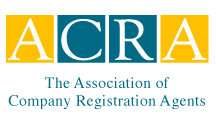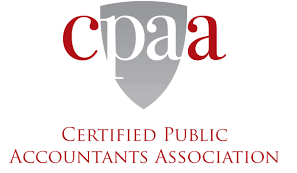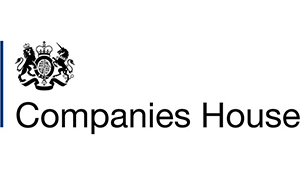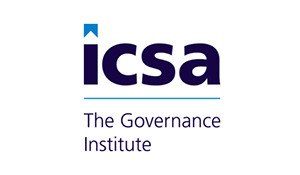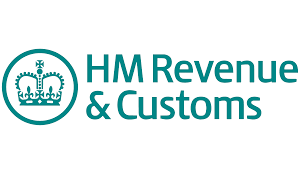Searching for work in Luxembourg on your own requires a strategic approach, a strong CV tailored to European standards, and persistence. Whether you are seeking skilled or unskilled roles, being proactive and well-prepared will significantly improve your chances of success.
Step-by-Step Job Search Guide
1. Use Online Job Portals and Networking Platforms
Explore reputable job search websites that list vacancies across various industries in Luxembourg. Use search filters to refine opportunities by sector, experience level, and location. Additionally, leverage professional networking platforms to connect with recruiters and industry professionals.
2. Prepare a European-Format Resume and Cover Letter
-
Follow the standard European CV format to meet employer expectations.
-
Use relevant keywords from job descriptions to improve search visibility.
-
Highlight skills, achievements, and experience that align with the Luxembourg job market.
-
Consider uploading your CV to dedicated employment platforms that connect job seekers with local employers.
3. Language Skills
While English is widely spoken in business settings, proficiency in French or German can greatly improve your employment prospects. Fluency in either of these languages is often sufficient for most roles, though learning some of the local language can be an advantage.
4. Demonstrate Qualifications and Work Experience
Prepare documents such as certificates, diplomas, and professional licenses to validate your skills. Provide verifiable records of your employment history, ideally with references from previous employers.
5. Government Resources and Job Fairs
Make use of Luxembourg’s official employment services to access job listings and career guidance. Participate in online or in-person job fairs to meet employers and explore available positions.
6. Explore Both Skilled and Unskilled Opportunities
-
Skilled roles: Common in fields such as finance, technology, healthcare, law, engineering, research, and business services.
-
Unskilled roles: Often available in hospitality, cleaning, food service, and general labor.
7. Visa Sponsorship Considerations
If you are a non-EU citizen, you will generally need an employer willing to sponsor your work visa. Be prepared to prove that your skills and experience meet the job requirements.
8. Be Patient and Persistent
The job search process, particularly for non-EU applicants, can be competitive and time-consuming. Maintain consistent effort, follow up on applications, and treat each interview as a learning experience.
Summary Table
| Step/Aspect | Details |
|---|---|
| Job Search | Use online portals and professional networks |
| CV & Cover Letter | European format, keyword-optimized |
| Languages | French or German beneficial; English common |
| Proof of Skills | Certificates, diplomas, work references |
| Job Fairs | Online or in-person, through official channels |
| Roles Available | Skilled and unskilled positions |
| Visa Sponsorship | Required for non-EU citizens |
| Mindset | Patience and persistence are key |
Final Tip
Approach the process as a long-term investment. The more you tailor your application to Luxembourg’s standards and build connections within the job market, the higher your chances of securing a position.


